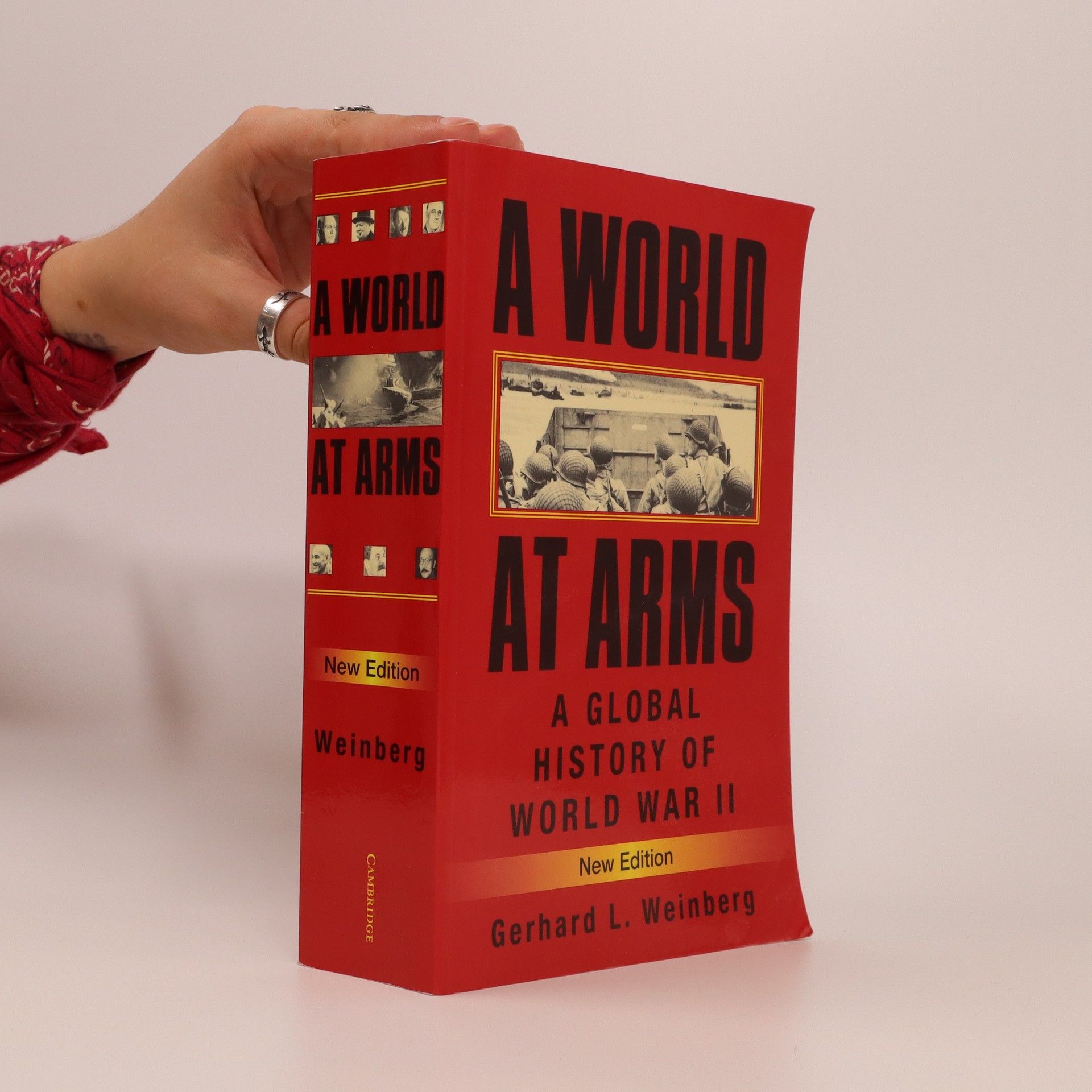Adolf Hitler: Druhá kniha očima dneška
(nepublikované pokračování Mein Kampfu)
- 240 stránek
- 9 hodin čtení
V Americe nalezené rukopisy knihy, kterou diktoval Adolf Hitler. Po válce zabavené texty z Německa, nalezené až v 50.letech v archivech v USA. Tzv. nepublikované pokračování knihy Mein Kampf, který již Hitler nikdy nevydal. Jedná se o stejně rázné a hrůzné zápisky jako Mein Kampf.

